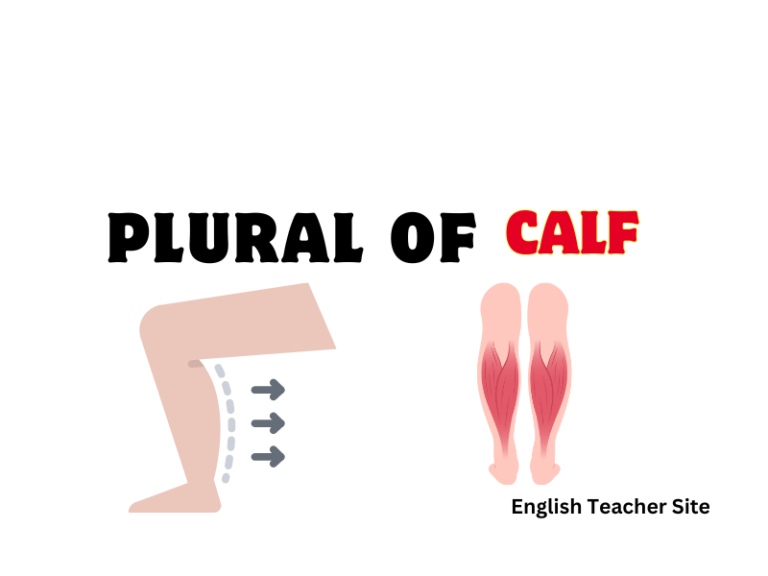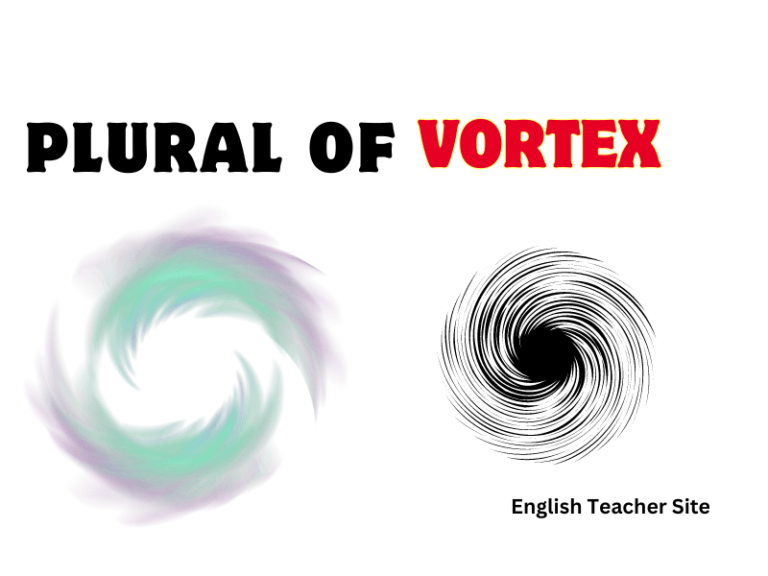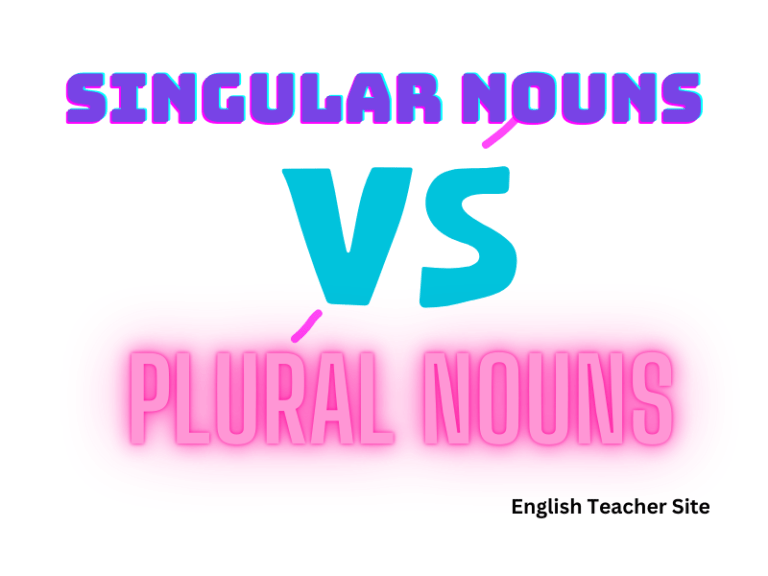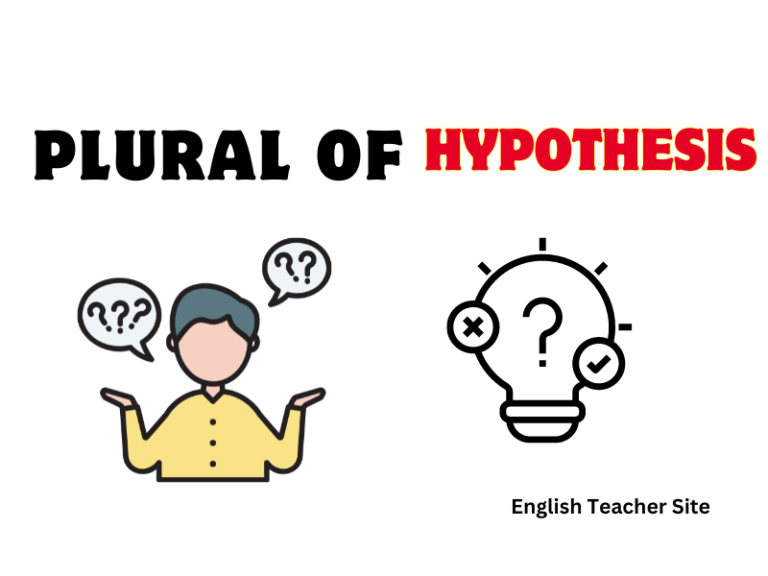What’s the Plural of Volcano: Understanding Linguistic Variations
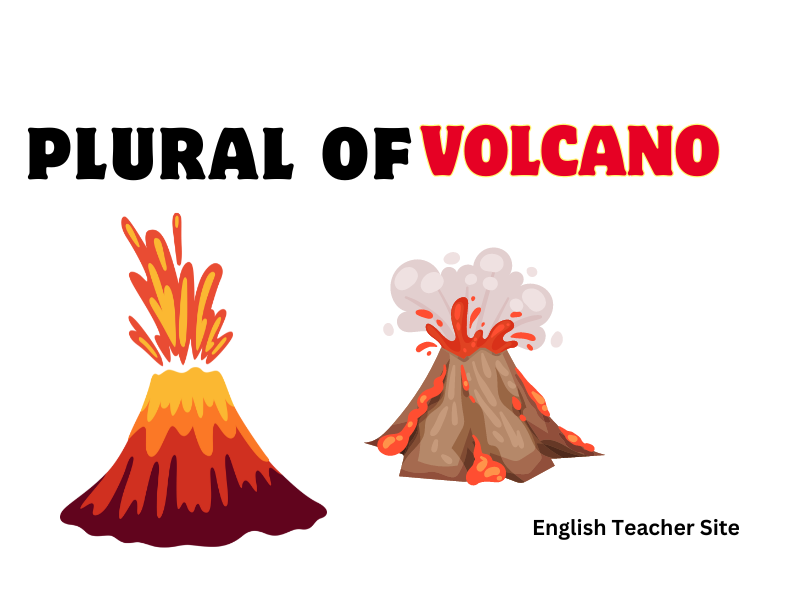
- The plural of “volcano” can be spelled as “volcanoes” or “volcanos.”
- “Volcanoes” is more commonly used despite both plurals being acceptable.
- Familiarity with plural forms of words ending in “o” is essential for grammatical accuracy.
When it comes to English grammar, the rules governing the creation of plurals can sometimes be a source of confusion. This is particularly true for nouns that end in the letter “o.” Volcano, an English word with Latin origins, is one such noun that often leads to uncertainty regarding its plural form. The plural of volcano can be spelled in two ways: with an “es” at the end, forming “volcanoes,” or by merely adding an “s,” which results in “volcanos.”
What’s the Plural of Volcano?
Preferred Plural Form:
- “Volcanoes” is more widely used and recognized.
Alternate Plural Form:
- “Volcanos” is less common but still correct.
Below are two tables outlining the general patterns for these nouns:
Table 1: Standard Plural Forms for Nouns Ending in “-o”
| Singular | Plural With “-es” | Plural With “-s” |
|---|---|---|
| hero | heroes | – |
| tomato | tomatoes | – |
| volcano | volcanoes | volcanos |
Table 2: Exceptions to Standard Plural Forms
| Singular | Plural |
|---|---|
| piano | pianos |
| photo | photos |
| halo | halos |
In summary, for the word “volcano”:
- The plural can be spelled as either volcanoes or volcanos.
- “Volcanoes” is generally the preferred and more commonly used form.
- Both spellings are grammatically correct and accepted.
Understanding Volcanoes
Volcanoes are geological formations characterized by an opening in the Earth’s crust. Through these openings, magma, ash, and gases can erupt from deep within the Earth. The structure of a volcano typically comprises the magma chamber, vents, and the crater at the summit. They can be found both on land and underwater, giving rise to various landforms after eruptions.
Types of Volcanoes:
| Stratovolcanoes | Shield Volcanoes | Cinder Cones |
|---|---|---|
| Tall, steep profile | Broad, gentle slopes | Small, steep-sided |
| Explosive eruptions | Effusive eruptions | Built from ejected lava fragments |
Volcanoes are often classified by their shape and eruption style. Stratovolcanoes are known for their explosive eruptions, whereas shield volcanoes have effusive eruptions with lava flows.
Volcanic activity is not solely destructive; it also plays a critical role in shaping landscapes and creating fertile soils. Moreover, geothermal energy harnessed from volcanoes provides a sustainable energy source.
Components of a Volcano:
- Magma Chamber: The reservoir of magma beneath the volcano
- Main Vent: The passage through which magma ascends
- Secondary Vent: Optional side channels for magma
- Crater: The bowl-like depression at the summit
Volcanoes become a focus of study due to their impact on climate, environment, and human societies. The term relevant to their study is volcanology. Speaking of volcanoes in the plural form, both “volcanoes” and “volcanos” are correct, with “volcanoes” being the more commonly used variation.
Nouns Ending in o– (Use -s or -es)
When a noun ending in ‘o’ is preceded by a vowel, the plural typically ends in ‘-s’. For example:
| Singular | Plural |
|---|---|
| studio | studios |
| zoo | zoos |
| video | videos |
Conversely, nouns ending in ‘o’ that are preceded by a consonant usually require ‘-es’ to form the plural, and some of these nouns also accept ‘-s’ as an alternative. Consider these cases:
| Singular | Plural with -es | Plural with -s (if applicable) |
|---|---|---|
| volcano | volcanoes | volcanos |
| tornado | tornadoes | tornados |
| potato | potatoes |
To succinctly navigate these rules, here are some key points to remember:
- Plurals ending in -s: Commonly used for nouns where the letter ‘o’ follows a vowel. This simple addition of ‘-s’ avoids the awkwardness of three vowels in succession.
- Plurals ending in -es: Applied to words where ‘o’ follows a consonant, creating a sound that feels natural in the English phonetic flow.
To better understand the variations, consider the following table displaying commonly accepted plural forms:
| Common nouns | More accepted plural | Acceptable alternative |
|---|---|---|
| hero | heroes | |
| echo | echoes | |
| embargo | embargoes | |
| tomato | tomatoes |
Examples of the Word Volcano Used in Sentences
Sentence Examples:
- The eruption of the volcano sent ash clouds into the sky.
- Geologists predict that the volcanoes on the island may become active soon.
- A formation of a volcano involves magma rising from the earth’s mantle.
- Tourists often visit dormant volcanoes for their stunning beauty and hiking trails.
Table 1: Singular Use of ‘Volcano’
| Subject | Verb | Use of ‘Volcano’ in Sentence |
|---|---|---|
| The volcano | is | The volcano is visible from the village. |
| A volcano | can | A volcano can remain inactive for centuries. |
| This volcano | has | This volcano has a symmetrical cone shape. |
| That volcano | erupted | That volcano erupted without any prior signs of activity. |
Table 2: Plural Use of ‘Volcanoes’
| Subject | Verb | Use of ‘Volcanoes’ in Sentence |
|---|---|---|
| The volcanoes | have | The volcanoes have diverse types of eruptions. |
| Some volcanoes | are | Some volcanoes are considered sacred by local communities. |
| These volcanoes | offer | These volcanoes offer unique ecosystems for scientists to study. |
| Those active volcanoes | pose | Those active volcanoes pose significant hazards to nearby populations. |
Utilizing ‘Volcano’ in Various Tenses:
- Past Tense: The volcano erupted last year with a loud explosion.
- Present Tense: The volcano smokes ominously in the morning light.
- Future Tense: The volcano will likely become a popular tourist destination.
Examples of the Word Volcanos/Volcanoes Used in Sentences
Sentences Using ‘Volcanoes’:
- Active volcanoes often exhibit signs of eruption, like smoke and tremors.
- The ring of fire is famous for its concentration of volcanoes around the Pacific Ocean.
| Singular Form | Plural Form | Example Sentence |
|---|---|---|
| volcano | volcanoes | The Philippines are home to multiple volcanoes that are tourist destinations. |
| volcano | volcanoes | Surge in volcanic activity has led scientists to monitor the local volcanoes more closely. |
Sentences Using ‘Volcanos’:
- Dormant volcanos can remain inactive for centuries before awakening.
- Learning about volcanos is an integral part of earth science education.
- The word ‘volcanos’ is an alternative plural form of ‘volcano.’
- ‘Volcanoes’ follows the standard English rule for forming plurals where a noun ending in ‘o’ is followed by ‘es.’
Origin of the Word Volcano
The etymology of “volcano” has a fiery past, linked closely to mythology and geology. The term is derived from the name Vulcan, the Roman god of fire. It was chosen to describe the fearsome, fiery mountains that reminded ancient people of the forge of Vulcan where, legend has it, he crafted weapons for gods and heroes.
| Latin | Italian | English |
|---|---|---|
| Vulcanus | Vulcano | Volcano |
The Romans referred to Mount Etna as the “forge of Vulcan” and this association with fire and volcanic activity led to the word volcan being adopted in English in the 1570s, influenced by the French. Later, the Italian “vulcano” became volcano in English.
Etymologically interesting points:
- The original usage was to describe Mount Etna as a “burning mountain.”
- The transition from “vulcan” to “volcano” occurred over a period influenced by various European languages.
The word’s evolution also mirrors geographical discoveries:
| Known Volcanoes in Europe | Influence on Language |
|---|---|
| Mount Etna | Forge of Vulcan imagery |
| Other volcanic activity observed | Word adopted and adapted into the English language |
Volcanoes are prevalent in myths from different cultures, often seen as manifestations of divine or natural power. The word volcano is now universally used to describe these geographical features, cementing its place in the English language and geographic terminology.
Sources
My name is Khamis Maiouf. I am the creator of the English Teacher Site, dedicated to providing valuable resources and insights for students around the world. With a passion for education and a commitment to helping students enhance their skills, I aim to make English teaching more effective and enjoyable for both educators and students.


